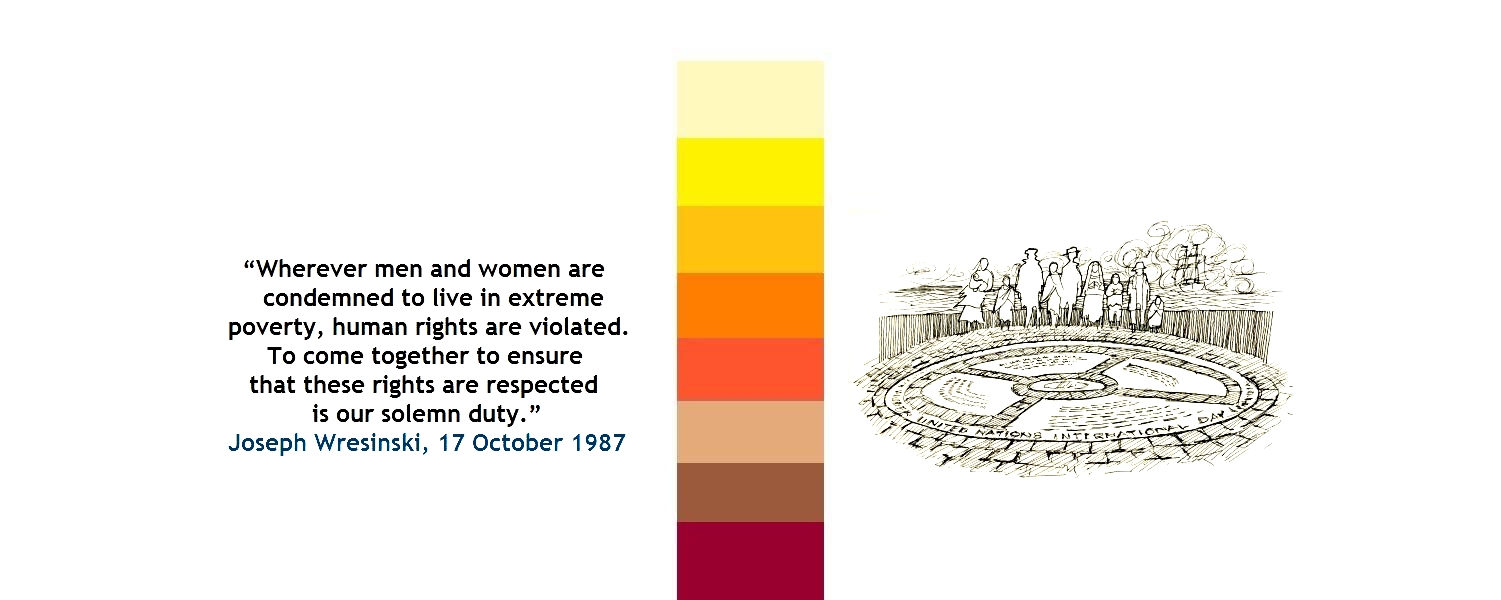To illustrate the theme of the 2020 United Nations International End Poverty Day, namely Acting Together to Achieve Social and Environmental Justice for All, we share here how an urban community in Dakar, Senegal, responded cooperatively to a challenge in their living environment.
–Dakar’s Flood-Fighting Brigade: a Hands-on Commitment
Their low-income, under-resourced neighbourhood of Guinaw Rails has been hit by yearly flooding since 2005. No public clean-up left the houses and streets an unsanitary mess. With other local residents, these young people took up a dialogue with the City Hall and took action.
Their civic struggle puts us at the heart of the environmental challenges of our time. It’s common knowledge that environmental disasters most often affect first those populations already neglected and vulnerable. But rarely do we hear and see that such families are also the first to resist environmental degradation. In Guinaw Rail, the young people transformed a desperate situation into an opportunity to create solidarity, reciprocal aid, and inclusion of those most often left aside.
The young people inspired more than just a sanitation project. They’ve shown that putting at the heart of a project the people who are the most impoverished and forgotten announces a new approach; it encourages the type of solidarity that we’re going to need more of in order to face today’s challenges.
